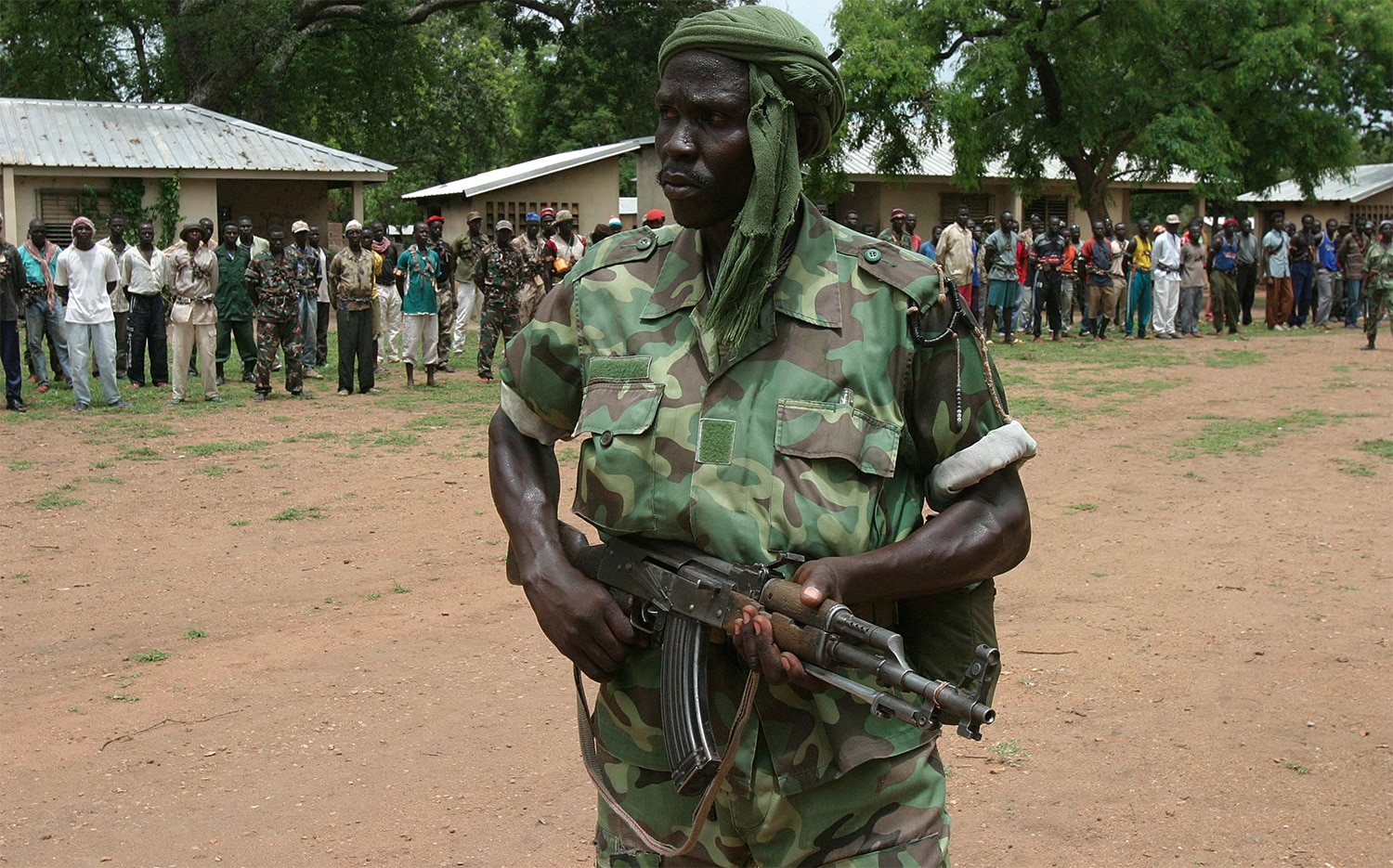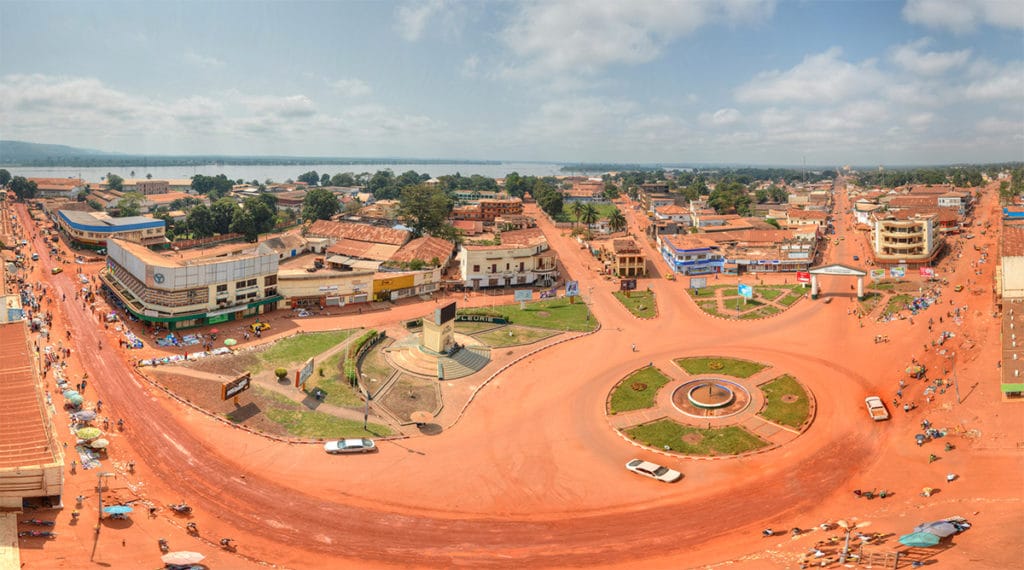Blog
Home » Diamonds blog » CAR Rebels Capture Town, Raising Concerns in Diamond Markets
Focus on

A rebel soldier in the north of the Central African Republic (Photo credit: hdptcar from Bangui, Central African Republic, CC BY-SA 2.0, via Wikimedia Commons)
The rebel forces launched a new offensive in December, after the country’s constitutional court rejected Bozizé’s candidacy to challenge current president, Faustin-Archange Touadera, in an election that took place on January 2. For its part, Bozizé’s party has denied that it is working with the opposition forces.
Rebels launched their offensive on Bangassou, which is located on the southern border with Democratic Republic of Congo, some 750 kilomers from the CAR capital of Bangui, early in the morning on the day of the election. According to United Nations peacekeeping forces, government troops abandoned their positions.
A coalition of rebel groups reportedly now controls two thirds of the country, but is being kept away from Bangui by federal soldiers, supported by the UN peacekeepers and reinforcements from Russia and Rwanda.
SIMMERING CIVIL WAR SINCE 2012
A civil war that has simmered in the CAR since 2012, and, to prevent conflict diamonds from its territory reaching the legitimate pipeline, in May 2013 the Kimberley Process suspended CAR’s membership in the organization, making it impossible to legally export rough diamonds from the country.
President Touadera was first elected in December 2015, and seven months later the KP agreed to CAR’s resuming limited exports, according to a program that was supported by the United Nations.
The KP ruled that only diamonds mined in “green” compliant zones would eligible for export with a Kimberley Process Certification Scheme (KPSC) certificate issued by the CAR government.
Green zones are areas under CAR-government control, and where KP has determined that conditions and operations meet KPSC operational framework traceability requirements. In them, there can be no evidence of armed rebel group activity, persons can move freely in and out of the area, and government mechanisms have to be in place to track diamond production and the diamond trade.

Central African Republic President Faustin-Archange Touadera meeting with U.S. Secretary Mike Pompeo in Washington, D.C., on April 11, 2019. (Photo credit: State Department photo by Michael Gross)
Bangassou is not one of those green zones, meaning that, in principle at least, Kimberley Process-compliant goods can still be exported from the country.

The center of Bangui, capital of the Central African Republic. In the background is the Oubangui river, and on the opposite bank is the Democratic Republic of the Congo (Photo credit: Alllexxxis)
KIMBERLEY PROCESS-COMPLIANT EXPORTS
The original operational framework structure required that KPCS-certified rough diamonds from the CAR had to be pre-approved for export by a designated CAR Monitoring Team.
But legal exports from the CAR have remained low, with only a small proportion of the rough goods being mined in the country being submitted for approval to the CAR Monitoring Team. It was felt by some that the bottleneck created by the requirement that shipments be pre-approved may by partially responsible.
The U.S. State Department representative, which chaired the CAR Monitoring Team, advocated for restructuring tge system on a provisional basis, allowing the CAR government to issue at will KP certificates to rough diamond shipments, for goods being sourced in the approved green zones.
The CAR government will continue to record all export data, which will be submitted to the Monitoring Team for review.
Under the new system, copies of all KP export certificates received from the CAR government will be cross-checked against the confirmations of imports of the corresponding shipments, and the latter need to be supplied by the authorities in the importing countries.
The World Diamond Council, which represents the industry in the Kimberley Process, has cautioned that the new system shifts some of the burden of verifying the provenance of the goods to the trading centers. While it is government-sanctioned authorities that will be responsible for supplying confirmations of imports of rough diamonds from the CAR, it notes, members of the trade must practice enhanced vigilance when handling rough diamonds believed to have originated from the country. This should be done by ensuring that import shipments from CAR only include goods that have been sourced from the approved green zones, and always are accompanied by a duly authorized CAR Government KP certificate.
